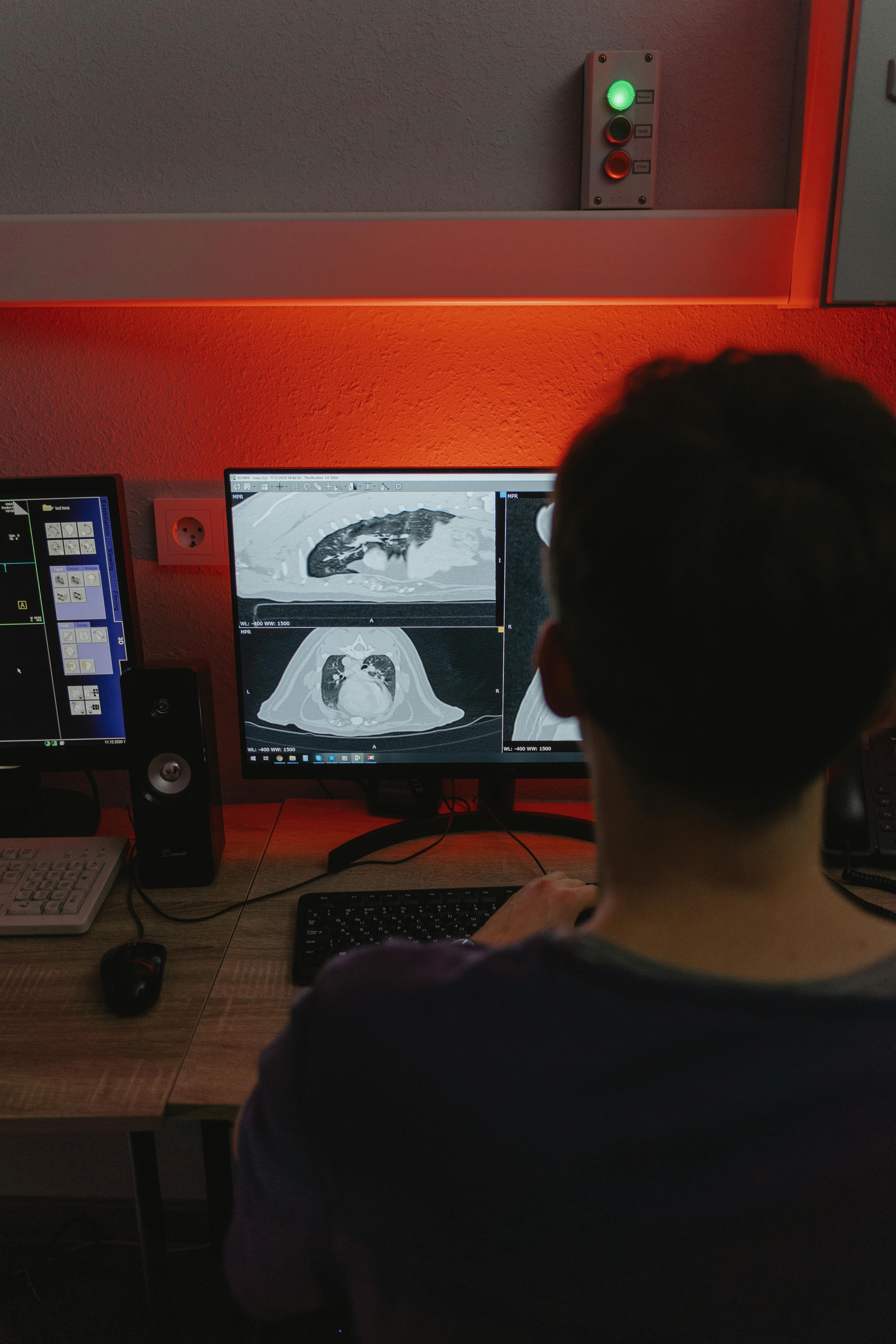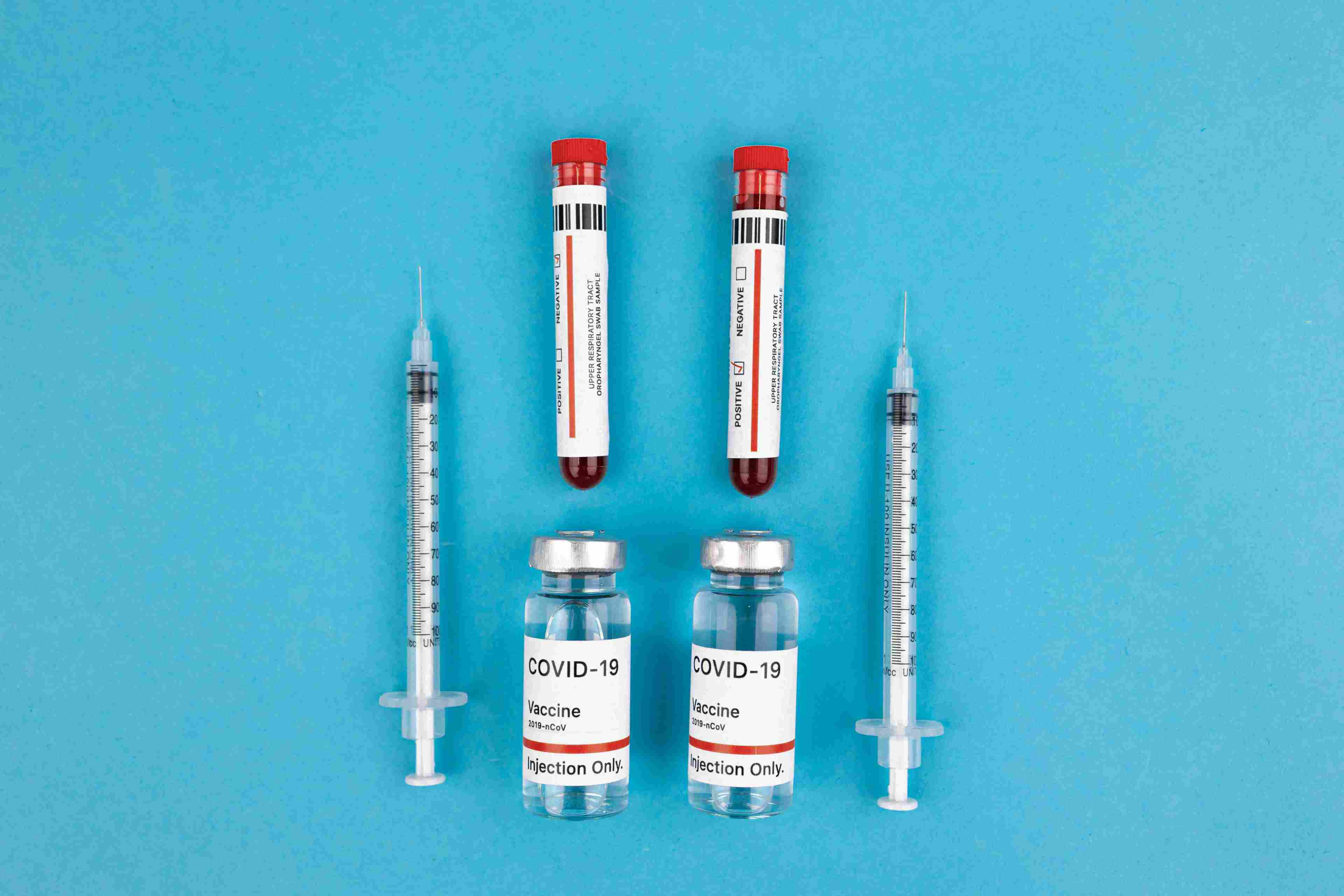
MALTA (Enmaeya News) — A research team at the University of Malta has developed an artificial intelligence system that can detect early signs of cardiovascular disease with greater accuracy than current methods.
The system uses machine learning to analyze medical scans and patient history, identifying subtle signs of risk that often go unnoticed by traditional tools. It has proven particularly effective in spotting early indicators of atherosclerosis and other vascular issues that can lead to heart attacks and strokes.
"This AI can detect tiny changes in blood vessels before symptoms appear," said Professor Charles Bonello, who leads the project. "It gives doctors a critical head start for early treatment."
Rather than replacing physicians, the AI is designed as a decision-support tool to assist doctors in identifying high-risk patients. Early clinical trials have shown the system successfully flagged individuals who later developed heart complications.
The university is now working with Malta’s national health authorities to explore integrating the tool into routine screening programs. If adopted widely, the technology could help reduce heart disease deaths by enabling earlier, targeted interventions.
Cardiovascular disease is the world’s leading cause of death. Researchers behind the Malta project say this AI-driven approach could mark a turning point in preventive care. They are also investigating its potential to predict other chronic conditions, such as diabetes or kidney disease.






